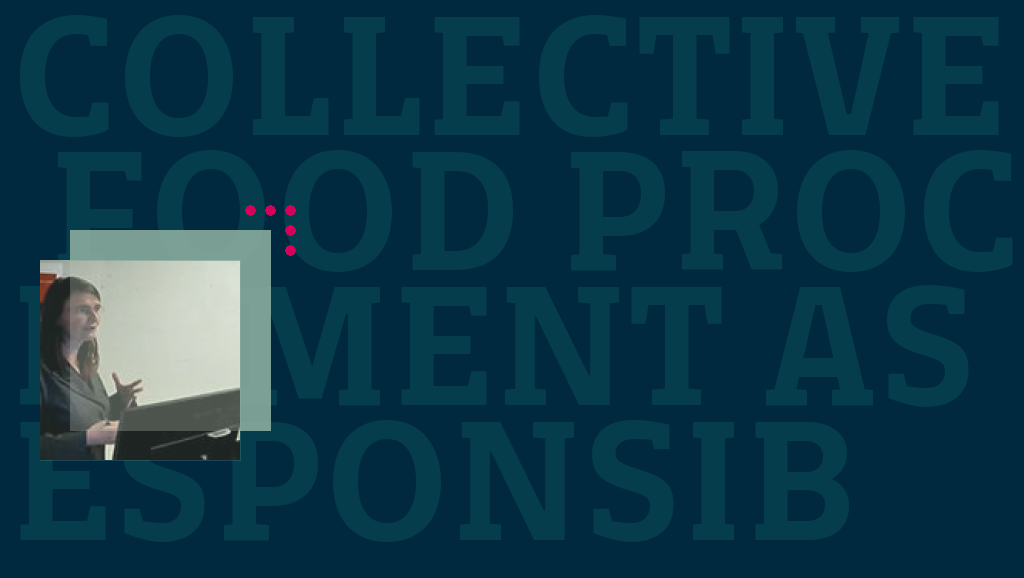Collective food procurement is an emerging phenomenon at multiple levels, well beyond purchasing: for example through foraging and self-production; short food chains and direct sales; or food governance through local institutions, but also through networks of NGOs. The Food Citizens? project has comparatively investigated in the cities of Gdańsk (Poland), Rotterdam (the Netherlands) and Turin (Italy). As previously argued by Hankins and Grasseni, alternative food networks can be seen as a grassroots form of Responsible Innovation that is poiesis-intensive rather than capital-intensive (adopting Piero Bassetti’s definition of poiesis-intensive innovation). Most of the networks of research participants involved in the project are in fact small-scale, volunteer-based or funded through gardeners’ associations and municipal or ‘third sector’ projects. Furthermore, most of the projects investigated are based on creatively re-thinking or re-contextualizing taken-for-granted categories, such as those of food waste.
An early reflection by Federico De Musso appeared on this website in 2010, on how a network of students at the University of Bologna self-organized to gather leftover food from fresh food markets. Through this ‘omeopathic’ gesture they injected the seed of conviviality into a globalised food system, weaving new social relations mediated by gleaning and re-purposing castaway food, cooking and sharing it with invited and uninvited guests alike.
On February 4th 2022 the Food Citizens? Conference at Leiden University wrapped up the first four and half years of research of the ERC Consolidator project ‘Collective Food Procurement in European Cities: Solidarity and Diversity, Skill and Scale‘.
As previously noted by the project’s Principal Investigator Cristina Grasseni (long-time collaborator of the Bassetti Foundation) and Jonathan Hankins in their joint article on ‘Collective Food Purchasing Networks as a case study of Responsible Innovation’ in the journal Glocalism, collective food procurement works as an entry point to reframe the sustainability of European food systems, not only from an economic and ecological point of view (taking into consideration for example land planning, logistics and agricultural science), but also from a social point of view: ‘ethnographic research can describe grassroots understandings of timely issues such as the need for a societal transition to sustainability’. A sociocultural understanding of food provisioning goes beyond ‘consumer’s choice’, cast in terms of individuals acting neutrally in the market, and adds a meso level of analysis to the macro level (global food systems, technoscience) and micro level (individual preferences and tastes, moral deliberations and ‘nudging’). In sum, food procurement in its collective dimension reveals how food is a mediator of relations, frictions and conflicts within society, not only a commodity or a nutrient.
While the project continues until February 2024, the conference profiled the comparative research of the team (employing two postdocs and three Ph.D. candidates as well as a research assistant) and the Food Citizens? Winter School handed down the project’s methodological toolkit. Cristina Grasseni will discuss her research on solidarity economy networks as models of grassroots innovation for sustainability in the framework of Politiké, the Political School of Confcooperative Lombardy organized in collaboration with the Bassetti Foundation, on March 1st in Milan.
—————-
















